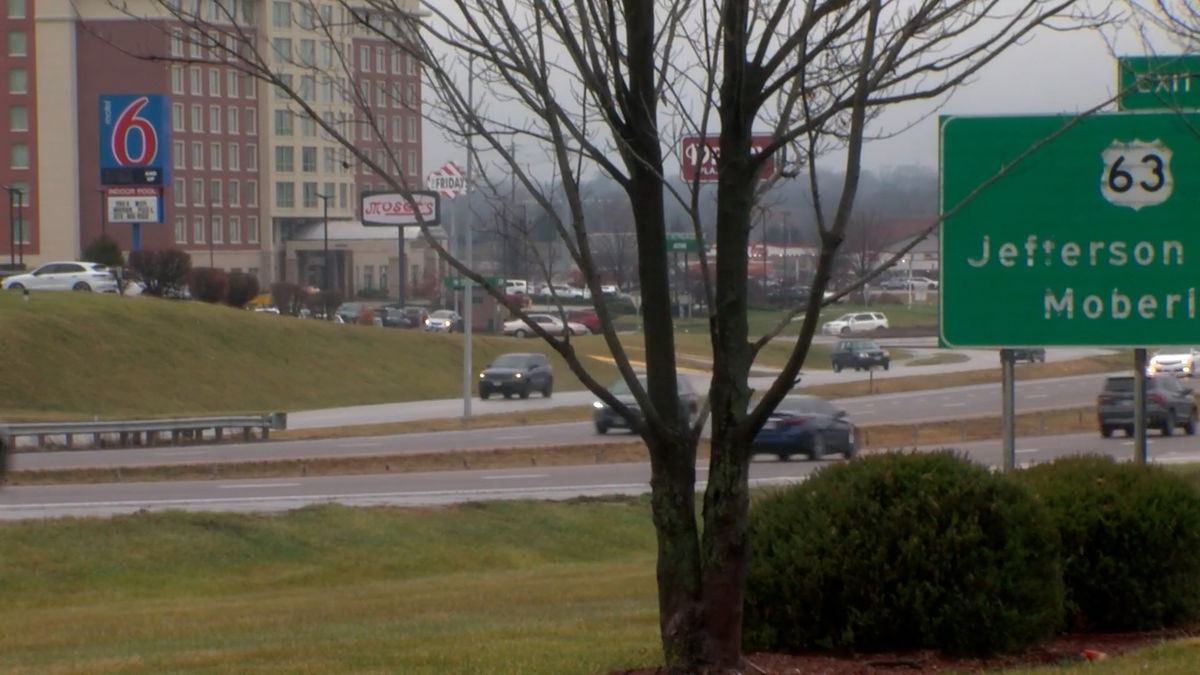Gambling
Sergeant Petrichenko’s posthumous victory: Ukraine bans gambling in the army
/cloudfront-eu-central-1.images.arcpublishing.com/prisa/NFR57FD2FKVNDNE5N5IP3T64SQ.jpg)
Sergeant Pavlo Petrichenko’s final victory was secured far from the heat of the battlefield. It took place in Kyiv, in the office of Volodymyr Zelenskiy. On April 19, the Ukrainian president decreed a ban on gambling in the armed forces. The regulation was approved following a citizens’ initiative that gathered more than 26,000 signatures in March to demand a remedy to the growing gambling addiction among Ukrainian troops. The initiator of this movement was Petrichenko, but he was unable to celebrate: he had been killed in action a few days earlier, on April 15.
“Distinguished Mr. President, I, Pavlo Petrichenko, a soldier of the 59th Brigade, would like to draw your attention to the damage that the gambling business is causing in the Ukrainian army and Ukrainian society.” So began the petition addressed to Zelenskiy on March 29, which prompted the decree’s approval three weeks later. Ukrainian law obliges the president to consider a citizen’s petition that carries at least 25,000 signatures.
“Military personnel are away from their families for a third year, in stressful conditions and without the chance for proper rest, so they are especially psychologically vulnerable,” the 31-year-old sergeant’s petition continued, “For many of them, gambling is the only way to cope with stress, which quickly leads to dopamine addiction and impairs their self-control.” Petrichenko added some examples he himself had observed: “There are cases of soldiers addicted to gambling who spend all their money and take out loans — placing themselves and their families in debt — or even pawn drones and thermal cameras.”
Military personnel experience a lot of inactive hours at the front, which they mostly fill with their cell phones. An infantry platoon, for example, does four-day rotations in the trenches — days of enormous stress. Then they have four days rest in the rear, with little to occupy their time. Online casinos are an outlet to distract their minds. “From my own experience, this is a huge problem,” Petrichenko said on March 30 in an interview with state news. “Servicemen suffer under stressful conditions in war, due to artillery and fighting, and the phone provides the only relief, and easy access to entertainment that can be addictive.”
Zelenskiy’s decree includes many of the measures that Petrichenko proposed. The main one is the prohibition of gambling during martial law for military personnel, whether in physical establishments or online. The latter restriction, which is difficult to enforce, will fall under the responsibility of unit commanders. The new regulation also obliges gaming applications to establish time and spending limits for users. The government will authorize online gambling applications and will negotiate so that companies such as Apple or Google only offer these regulated applications to their users in Ukraine.
High incomes of soldiers
Petrichenko, in his final interview, admitted that it will not be possible to completely control online gambling and he asked for the cooperation of an addict’s relatives: “What a soldier earns in a year, he can lose gambling. While serving in the army he receives a high salary, but he asks his family to send him money. This is the first sign that a gambler’s family gets. Family members and acquaintances should keep an eye on him.” Monthly salaries in the combat zone for military personnel range from €2,000 to €3,200 ($2,133-$3,412), which is much higher than the Ukrainian average.
Earlier this month, seven war veterans spoke to EL PAÍS about the addiction problems experienced by soldiers with post-traumatic disorders when they return to civilian life, be it alcohol, drug dependency or gambling. For this reason, the presidential decree also states that the Ministry of Health must create a treatment protocol for addicts and train doctors and therapists to treat them. The regulation will also restrict advertising by gambling companies, prohibiting them from using the hook that part of their income will be donated to the Armed Forces of Ukraine to attract customers. The decree also states that the National Bank of Ukraine will recommend methods for financial institutions to block the bank accounts of clients who spend excessively on gambling.
Andrii Kozenchuk, an army officer and psychologist, told Radio Svoboda on April 3 that he had doubts about the effectiveness of banning gambling, but he did concede that limiting spending and imposing time limits on these applications might be the best option. “To say that the armed forces are full of gambling addicts is an exaggeration, but it would also be wrong to say that everything is fine,” Kozenchuk said. “There are cases, and I talk about it with some of them, and they feel ashamed. These are isolated cases — people who lose everything and ask for loans,” he concluded.
Petrichenko died on the Donetsk frontline on April 15. His funeral coincided with the day Zelenskiy signed the decree. The sergeant volunteered at the beginning of the Russian invasion in 2022 and served as an air reconnaissance operator with the 59th Motorized Brigade in the expulsion of the Russians from Mykolaiv and part of Kherson in the counteroffensive the same year.
Zelenskiy held Petrichenko up as an example of patriotism and the values of citizenship. The deceased soldier was also known in Kyiv due to his long career as an activist. He participated in the Maidan revolution in 2014, which overthrew pro-Russian former president Viktor Yanukovych. But above all, he gained popularity as an anti-corruption activist. Petrichenko took the lead in 2018 in the citizens’ movement demanding an investigation into the murder of activist Kateryna Handziuk, who uncovered a case of corruption in the Kherson City Council.
Petrichenko also achieved prominence during the war as a promoter of the Prytula Foundation, one of the most important organizations in raising funds for the Ukrainian military. “Ukraine is losing its best people to Russia’s genocidal war and to the shortcomings of some of its allies,” another well-known citizen military support organization, Saint Javelin, wrote on its social networks. “His death is another great loss for the future of Ukraine.”
Sign up for our weekly newsletter to get more English-language news coverage from EL PAÍS USA Edition









